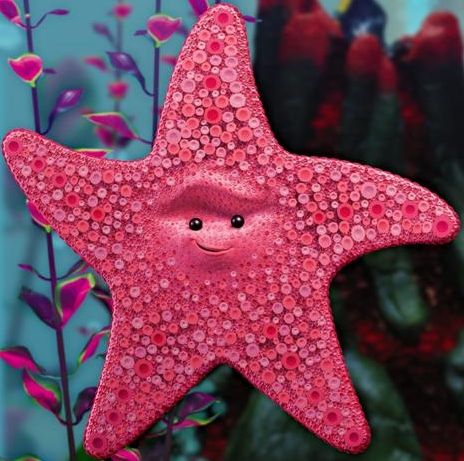Elena Shippey
Professor Jesse Miller
English 110-G
17 April 2019
The American Ignorance of Death Revisited
How can we openly talk about the death and suffering of others if we cannot even face our own immortality? This is a question that the western world, specifically in the United States, has wrestled with for centuries. There are many existing controversies surrounding the treatment of animals in America. Animals are sacrificed every day for scientific research. Others are tortured to determine the irritation levels of makeup products, personal care, and perfumes. Some are slaughtered for their skins and furs to make a fashion statement or decorate their home. One of the largest industries in the United States is livestock, where animals are raised in great numbers only to be killed and sold in the supermarket. Between these four industries, over fifty-six trillion animals are estimatedly killed every year around the world. Although the American contribution to this number is only a fraction, the topics of these industries are rarely brought up. The mistreatment of animals is touchy in American culture and is avoided as much as possible. Why can we not discuss these controversial topics openly? The difficulty to surface these ideas of suffering and death is rooted in the hesitation to discuss our own mortality. As a society, we avoid talking about death, which makes it much more tragic and unexpected when it falls upon us. Although it may be easier to dance around the subject, refusing to address these topics can become problematic. Ignorance and avoidance of our own death disconnects us from the death of other animals; this makes it more difficult to recognize the indignity in these actions against animals. When we expose ourselves to the death and indignity of ourselves, we may recognize the suffering of other animals which can guide ourselves toward morality.
Compared to the rest of the world, the United States is incredibly sheltered. This sheltered nature comes from the common value of selective knowledge. People choose to know what they wish to know and neglect the knowledge that makes them uncomfortable. The human brain is so manipulative that people can convince themselves of what is true, and then carry out their everyday life based on those ideas. In Hal Herzog’s article “Animals Like Us” one woman had successfully convinced herself that fish weren’t animals as to not feel remorse for eating them. This worked for her, “for the next 15 years, this intuitive biological classification system enabled Judith, who has a PhD in anthropology, to think of herself as a vegetarian, yet still experience the joys of smoked Copper River salmon and lemon-grilled swordfish” (Herzog 1). This woman redefined the term “animal” in order to feel better about herself for eating them, or not eating them as she believes. We are more willing to undergo self-manipulation than face the truth of our values and actions, which can be extremely dangerous. If we can call ourselves vegetarians when we clearly are not, who knows what else we are capable of convincing ourselves is acceptable?
Thus far, we have convinced ourselves that quite a few questionable actions are perfectly fine, including animals testing and experimentation, wearing furs and skins, and animal consumption. Although anyone can recognize (or at least those who choose to acknowledge it) that an animal has to die for any of these uses, it may be more than meets the eye to really understand just what these animals have to undergo for these processes. We have the ability to recognize that for our own purposes, animals are taken from the living to the nonliving phase. But what does that really mean? One reason that this is so difficult is our inability to fully conceptualize death, even for our own kind.
